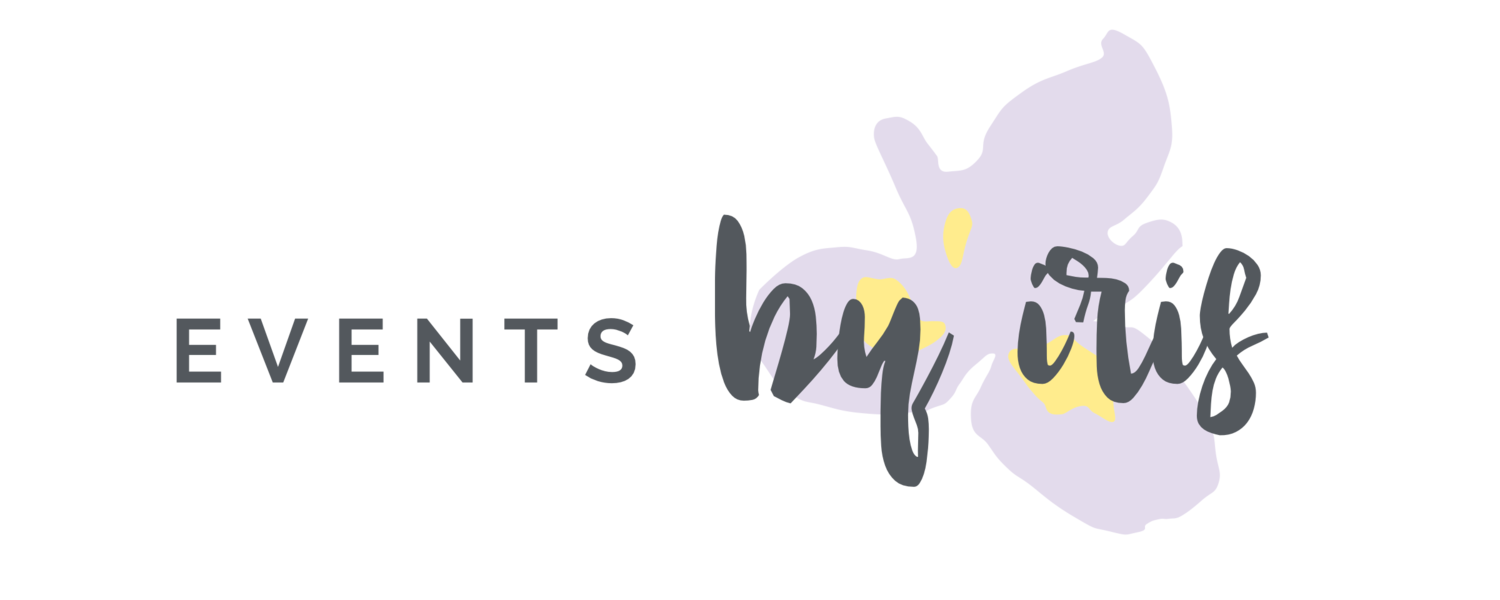We live in a fast-paced generation where everything occurs in the blink of an eye and taking a moment to “stop and smell the roses” seems like a thing of the past. Now, imagine yourself in the hustle of one of the busiest cities in the world, New York, where if you don’t move fast enough, you get left behind. Whether you’re a bride-to-be, juggling your day job and your newly acquired title of wedding planner or you’re a college student balancing 20 credits and a part-time job - you will need a moment to hit that pause button. Outside of my 9-hour day and a three-hour commute, the rest of the time once at home, I get to work with my incredible clients. Once the weekend rolls around, it is filled with gigs, errands, church and quality time with friends and family. In all the madness, you cannot help but want to put it all on PAUSE so you can rest your mind and body.
Rest and Recovery is a key part of living a healthy balanced life and something I’m trying to teach myself to do routinely. Without rest, we can't perform to our maximum capacity and to the best of our abilities, which then reflect the quality of work we put out. I'm definitely not a scientist or medical genius, but life and lots of research have been great teachers in giving me insight into what we need to function as the best versions of ourselves.
Rest = A Better Immune System
When you are excessively working out, your immune system is working in overdrive, which is why you'll find a lot of personal trainers and weight loss programs recommend having days for rest. The same idea can be applied in your day to day life. Along with overworking yourself, there is also a threat to your immune system. When you're overworked, not only are you exerting energy with every train you run to or new centerpiece you create, your brain is in overdrive thinking of the next three things you need to do. As a result of this, your stress and emotional levels increase as well. When you make and implement a routine, you should try and schedule blocks to get the relaxation you need. You should give yourself time to unwind and process all the other internal needs your body requires of you. Rest means you are giving time for your body to build up its walls and fight off any toxins that try to enter your body and mind.
Rest = Better Mental Health
On the opposite side of the spectrum, we have moments when our mind completely shuts off. If you can try and remember cramming for finals week, you could think of an instance when your brain completely abandoned you (due to your procrastination) and you were stuck on a question during your exam. Your brain had worked so hard remembering all the material, but somehow forgot an answer to a question that you definitely thought you knew! Overworked minds will eventually lead to a lack of motivation, lack of creative juices flowing and let's be honest, an overall cranky human being. We have to make sure we take the time daily to intentionally turn our minds off. In return, we will feel better and our productivity levels will increase.
Sleep = Better Everything!!
In a nutshell, poor time management skills result in less sleep for you. I can sit here and ramble off a million studies that say more sleep equals better memory, more energy, sharper focus, healthier bodies, lower stress and the list could go on. Of course, it's hard to make sure we get the minimum 7-8 hours of sleep that is recommended, but you should make a conscious effort to be in bed by 11pm during the weekdays. According to NASA, military pilots and astronauts who took scheduled 40-minute naps increased performance by 34% and alertness by 100%. If it can work for them up there, I think it might just work for us down here.
Now, that was a lot of ramble on rest and sleep but how can we practically apply these changes to our lives? With anything, if we try to make a million changes at once, we're most likely going to fail. It's important to start with small changes and build it to be a lifestyle choice. When you're at the gym or commuting to work, think about your to-do list for the day and how to best tackle it so you get everything done earlier and more efficiently; this may free up time in your day that you didn’t know you had as well as give you a mental break from work-related things. Set routine time blocks, starting with a few hours, until it turns into a whole day of rest. Examples of “rest” can be yoga, adult coloring pages or even binge-watching all the latest episodes of American Idol. Whatever your rest may look like, I hope you are able to prioritize it. I'm happy to talk and brainstorm different rest and relaxation ideas.
Signing off for now,
Iris

